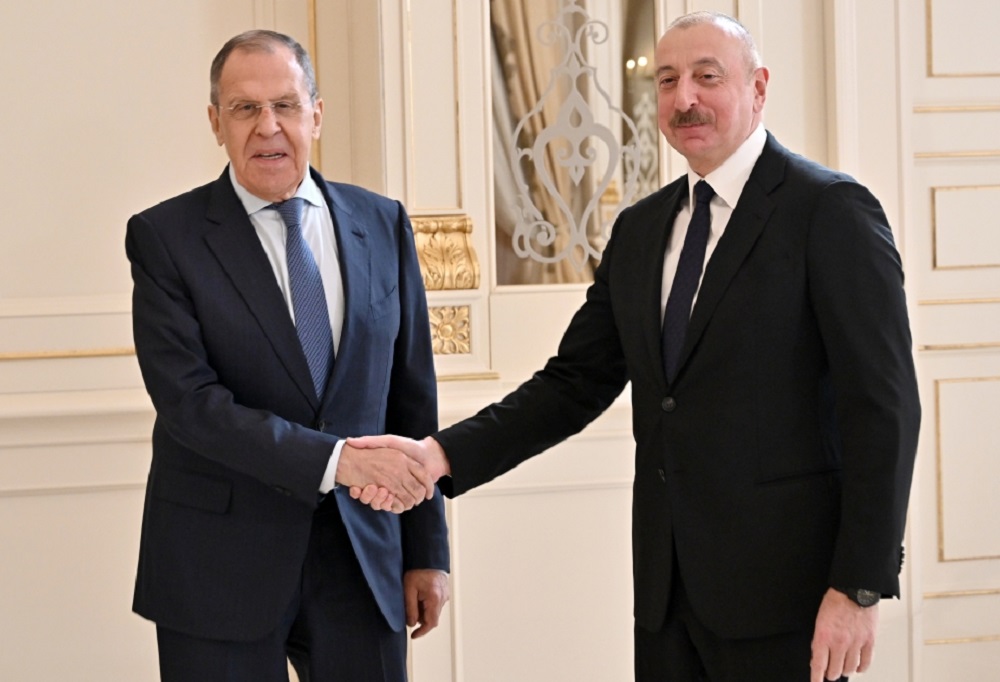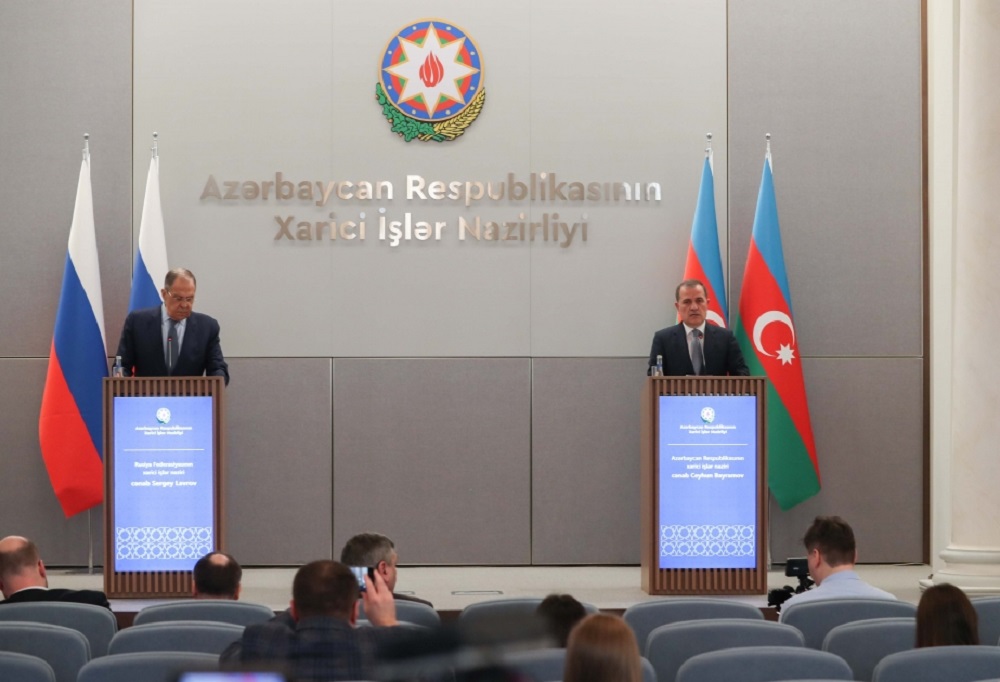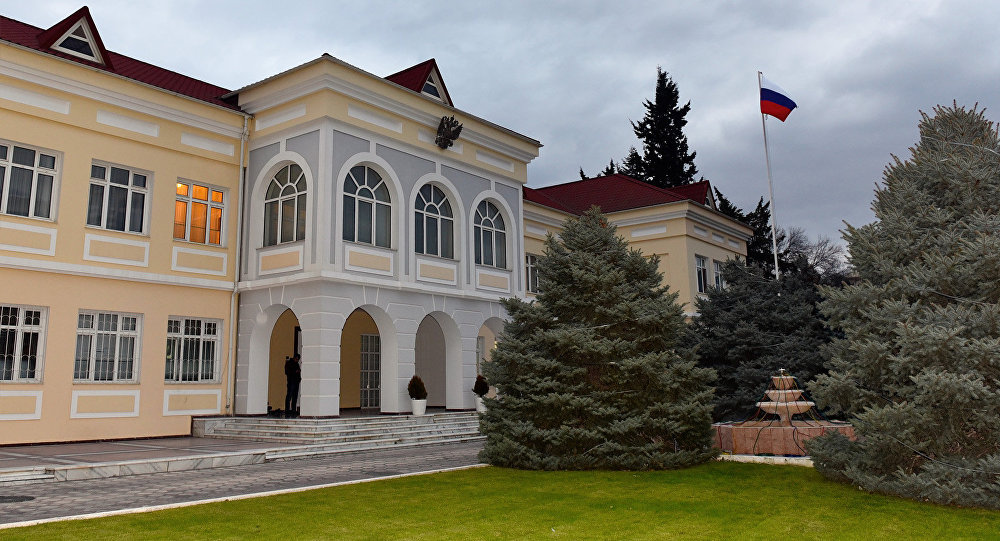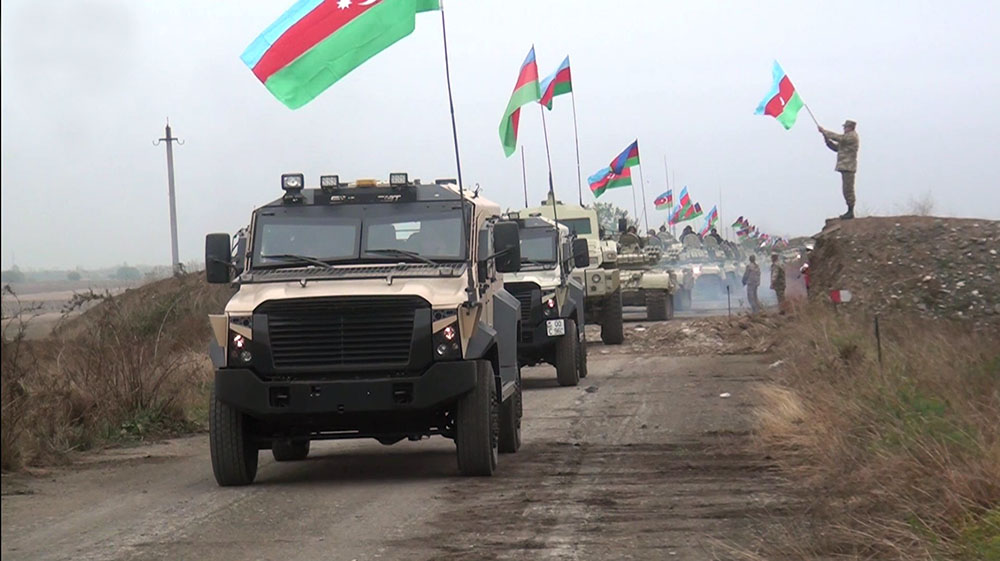What was behind Lavrov's visit to Baku? Expert comment
Lavrov’s visit to Baku
Lavrov’s visit to Baku, considering relations between Azerbaijan and Armenia, has raised a lot of questions. What exactly the Russian foreign minister and the Azerbaijani president talked about is anyone’s guess. With the EU observer mission in Armenia and Moscow’s attitude toward it, the countries’ interests now more closely align, political observer Agshin Karimov believes.
- “The EU mission in Armenia is not directed against anyone” – Toivo Klaar
- Earthquakes and elections in Turkey
- Azerbaijan observes anniversary of Khojaly tragedy
The day after the Lavrov-Aliyev meeting, the former met with his Azerbaijani counterpart Jeyhun Bayramov, and the foreign ministers held a joint press conference.
“Moscow violates the spirit of the alliance agreement”
“From official reports on the meeting of President Ilham Aliyev with Russian Foreign Minister Sergei Lavrov, it is clear that one of the goals of the visit was to develop cooperation between the two countries on the basis of an alliance agreement signed exactly a year ago, in February 2022.

Azerbaijan fully complies with the terms of the agreement signed with Russia, which cannot be said about Russia, especially articles 11 and 18.
These articles are closely related to each other and imply mutual respect for the territorial integrity and sovereignty of the parties. Also in these articles it is noted that allied countries, on the basis of mutually beneficial interests, shall neutralize elements that threaten the sovereignty of an ally.
But Moscow is violating the spirit of the document, signed by Russian leader Vladimir Putin.
First, the Kremlin is trying to keep its peacekeepers temporarily stationed on the territory of Azerbaijan, satisfying its imperial ambitions.
Second, Russia is aggravating the situation in Karabakh by sending controversial figures [such as Ruben Vardanyan].”
Rapprochement of Baku and Moscow
“At first glance, one might think that this visit is timed to coincide with the first anniversary of the signing of the agreement on allied relations, but there is more to it.
This is the growing role of the West in resolving relations between Azerbaijan and Armenia, Moscow’s reaction to how opposing forces are trying to kick it out of the negotiation process, and the Kremlin’s plans to punish Yerevan for “independence”.
Armenia’s efforts to break away from Russia, in addition to the avoidance of a peace agenda with Azerbaijan, brings the plans of Baku and Moscow closer. But Western efforts to resolve the conflict and plans to expel Russia from the region are unnerving the Kremlin.
Azerbaijan can accept only those Russian arguments that relate to Armenia. In other words, Baku uses these arguments to stimulate Moscow’s actions against Yerevan.”

Contradictions between Azerbaijan and the European Union
“Baku respects its relations with the EU, but at the same time, the EU sends a monitoring group to the border with Azerbaijan without even asking about Baku’s position on this issue. This contradicts the interests of the European Union itself, which seeks to present the inviolability and security of the Euro-Atlantic space. Russia is confident that the European mission in Armenia is directly coordinated by the United States at the highest level and is trying to find ways to punish Yerevan.
In any case, the West’s activity in the South Caucasus and its interest in the peace program between Azerbaijan and Armenia is not considered acceptable to Moscow.
Azerbaijan declares its commitment to peace in the region and supports any platform that carries a real desire for peace in the context of its security.
For Baku, there is no “West or Russia” dilemma, but Armenia has a slightly different attitude to the issue. Yerevan is trying to get rid of Russia, while not considering the risks to its security.”
“Peace for Baku” from the Kremlin
“Moscow has set itself the goal of directing efforts towards the “peace for Baku” model, thereby making Yerevan completely dependent on itself..
Under such circumstances, the conditions facing Armenia will mainly be directed to the issue of border delimitation and the opening of the Zangezur corridor. On the issue of Karabakh the strategic views of Moscow and Baku differ.
Russia is trying to turn the Armenian population of Karabakh into its “wards”, hence Ruben Vardanyan.
It may turn out that at some point Vardanyan was also the subject of bargaining for Yerevan, but after his resignation, this issue began to move in an unknown direction. Azerbaijan was able to cope with the “Vardanyan project” in its initial phase and took an important step towards containing the Russian campaign aimed at the future of this region.”
Conclusions
“Lavrov’s visit serves to strengthen relations between Azerbaijan and Russia. This is important for Moscow because Yerevan has turned away from it, but Baku continues a balanced policy. The Kremlin is obliged to choose Baku, because it has no other choice.
Another important factor for Moscow is Ankara. It is no coincidence that before the meeting with Lavrov, Aliyev paid a visit to Turkey, where he met with Erdogan.
But at the same time, Baku will continue to discuss peace proposals from the West and will not avoid the Brussels format.”




















